Welcome to our May selection! This month, we explore the worlds of education, productivity, statistical reasoning, consciousness, and the essence of happiness. You’ll learn how AI is reshaping education, how to achieve calm productivity in modern work environments, and how our understanding of probability influences real-world decisions. These books will hopefully inspire both introspection and action. Happy reading!
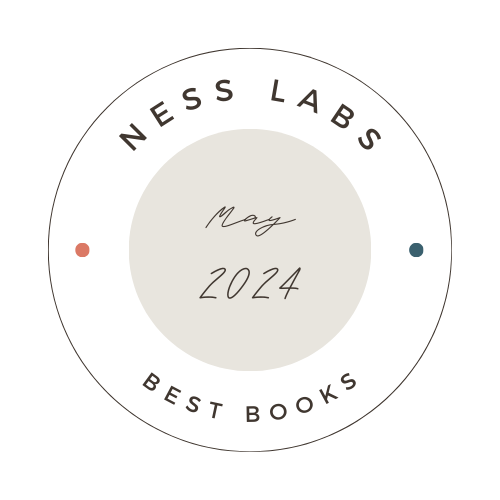
Brave New Words
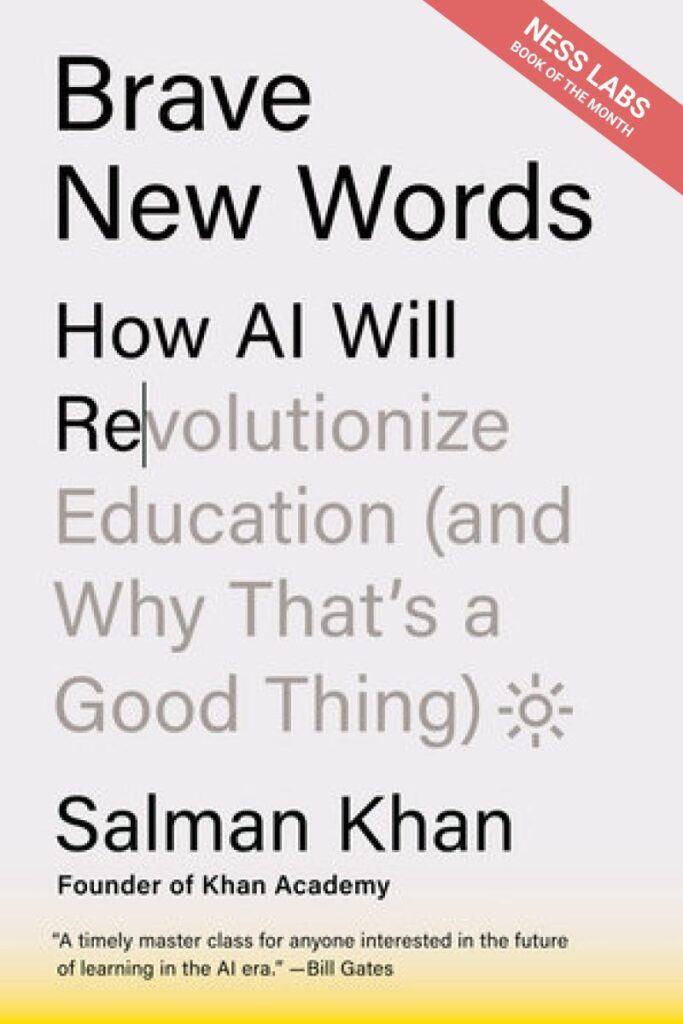
This book by Salman Khan, founder of Khan Academy, got raving reviews from the likes of Bill Gates, Walter Isaacson, and Adam Grant. It offers a pragmatic look at the integration of AI into education. Salman Khan discusses how artificial intelligence, including GPT technologies, could change teaching and learning, and explores what that would mean for personalized education that adapts to individual students’ needs without replacing the human touch. He balances the potential benefits with caution, addressing the ethical implications and the need for a thoughtful approach to AI in educational settings. This book is positioned as a guide for educators, parents, and policymakers to understand and utilize AI to enhance educational outcomes responsibly, and the insights make it a relevant read for those preparing for the inevitable influences of AI in the educational sector, but really should be an interesting read for anyone who’s curious about AI and its potential impact on the future of humanity.
Uptime
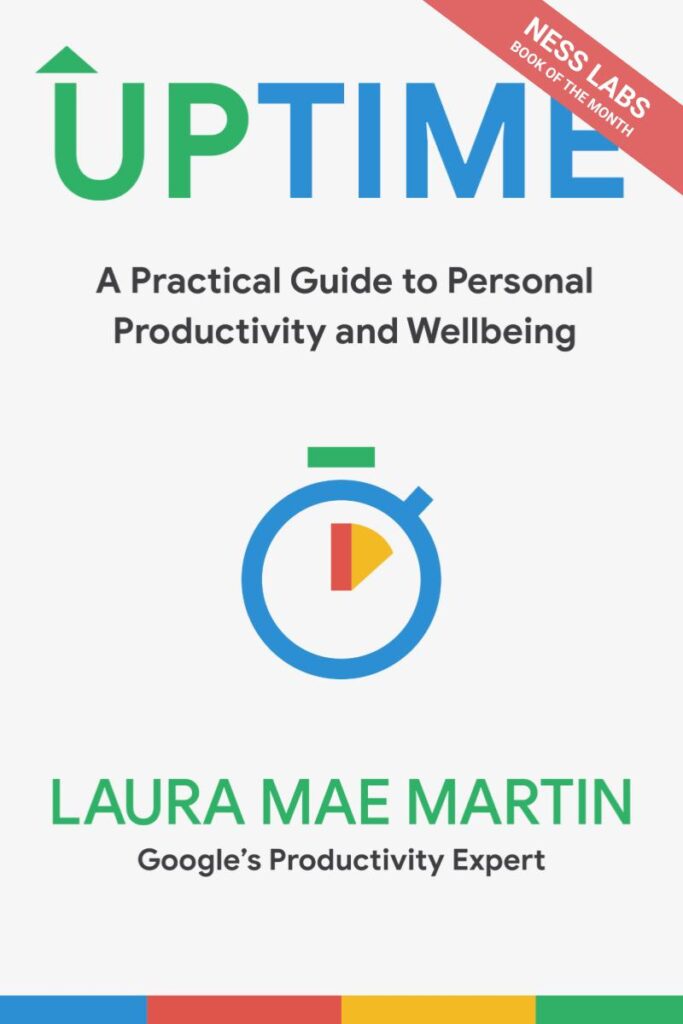
Laura Mae Martin offers a refreshing take on mastering productivity in today’s fast-paced work environments. Leveraging her tenure as Google’s Executive Productivity Advisor, she distills a decade of experience into this book. She offers a holistic approach to productivity—which she calls “productivity zen”—with actionable strategies for managing overwhelming inboxes, optimizing meetings so they’re more efficient, and mastering your calendar, making it especially relevant for people who have to navigate the challenges of hybrid work setups. With Uptime, Laura Mae Martin aims to improve the way we work but also to to help readers better manage their personal lives, providing a blueprint for anyone looking to feel perpetually on top of it. This little book promises to transform daily work from a stress-inducing juggle to an experience of calm accomplishment. A great read!
Everything Is Predictable
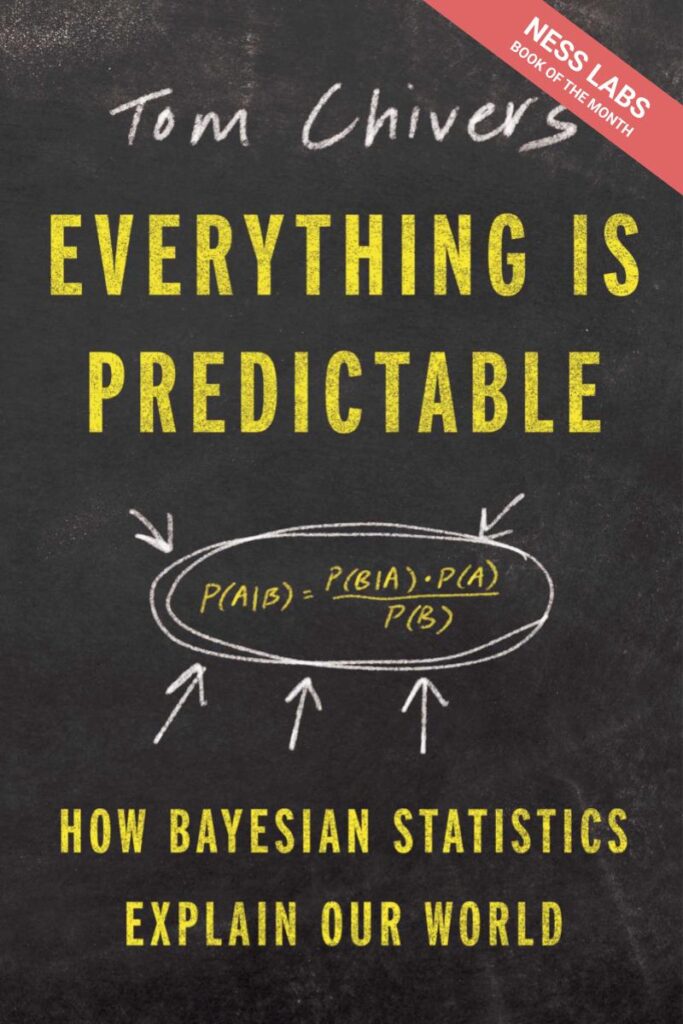
This is an engaging exploration of Bayes’s theorem and its profound influence across various fields such as medicine, law, and artificial intelligence. Tom Chivers, known for his clear and accessible science writing, traces the origins of the theorem to an 18th-century Presbyterian minister and amateur mathematician, revealing how this pivotal mathematical concept has become a fundamental component of rational thought and decision-making. The book shares practical examples, such as the implications of false positives in highly accurate screening tests and the theorem’s occasionally controversial role in the legal system. By combining biography, detailed science explanations, and historical context, Everything Is Predictable provides a comprehensive look at how Bayesian reasoning underpins much of our modern understanding of probability and prediction, making complex statistical concepts relatable to everyday life. A must read for anyone without formal statistical training who wants to formulate better predictions.
Then I Am Myself the World
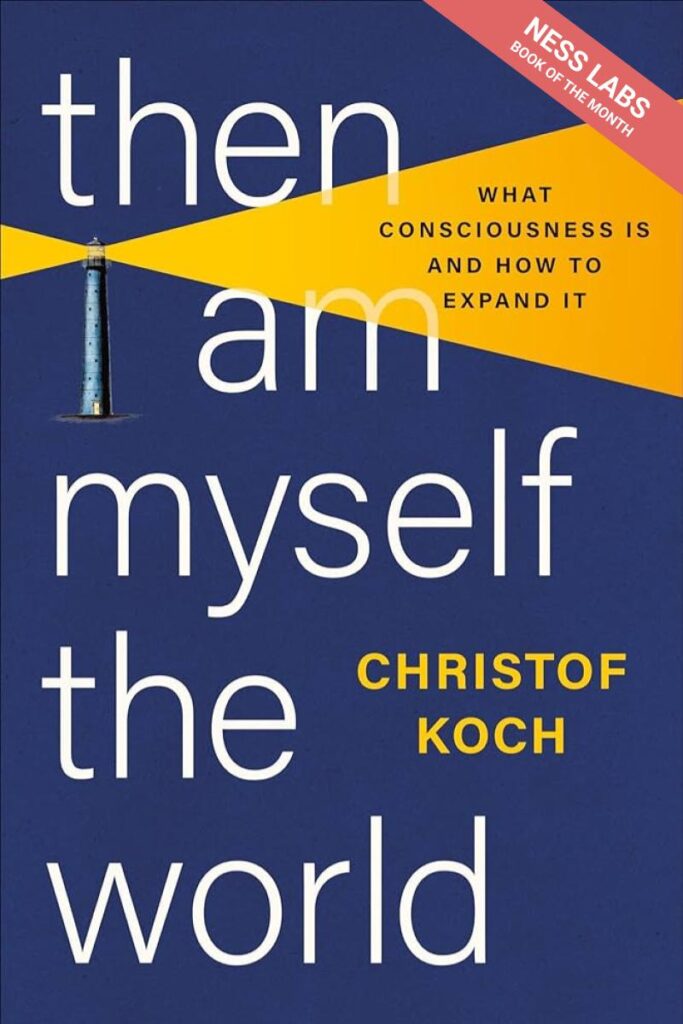
Christof Koch has crafted through his latest book a thought-provoking journey into the depths of consciousness, exploring its nature, origins, and implications for the future. A leading investigator in the field, he centers the discussion around the integrated-information theory, which posits that consciousness stems from the ability to influence and change itself. The book examines how consciousness emerges from the brain’s physical processes and proposes methods to measure it in both natural and artificial systems. Through this exploration, Then I Am Myself the World addresses profound questions regarding self-awareness in fetuses, the impact of psychedelic experiences, and the nature of consciousness in near-death scenarios. The author also speculates on the future capabilities of generative AI, suggesting it might replicate human actions without experiencing consciousness. Highly recommended if you’re fascinated by the scientific and philosophical aspects of human awareness and the mysteries that still surround it.
New Happy
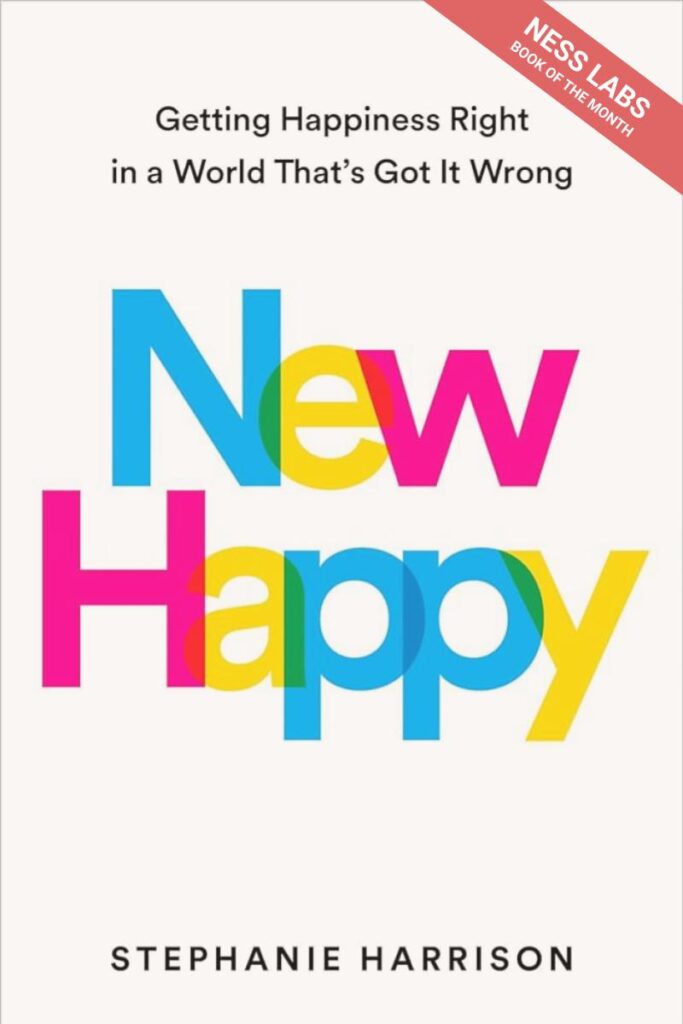
This book challenges the traditional metrics of happiness that many of us have long been conditioned to pursue. Stephanie Harrison posits that the commonly held belief—that personal success is the key to happiness—is flawed, and introduces the concept of New Happy which is about finding happiness in the happiness of others. Both practical and philosophical, the book guides readers through a process of redefinition of their life’s purpose. It offers a fresh perspective on happiness, backed by both art and science, and provides actionable advice for those looking to lead a more fulfilled life that’s also contributing something positive to the world. This book will be an amazing resource for anyone seeking to understand happiness not just as a personal achievement, but as a shared journey towards improving our collective well-being.
Do you have any books to recommend for the Ness Labs Best Books series? Please let us know via the contact form. We welcome self-recommendations.
